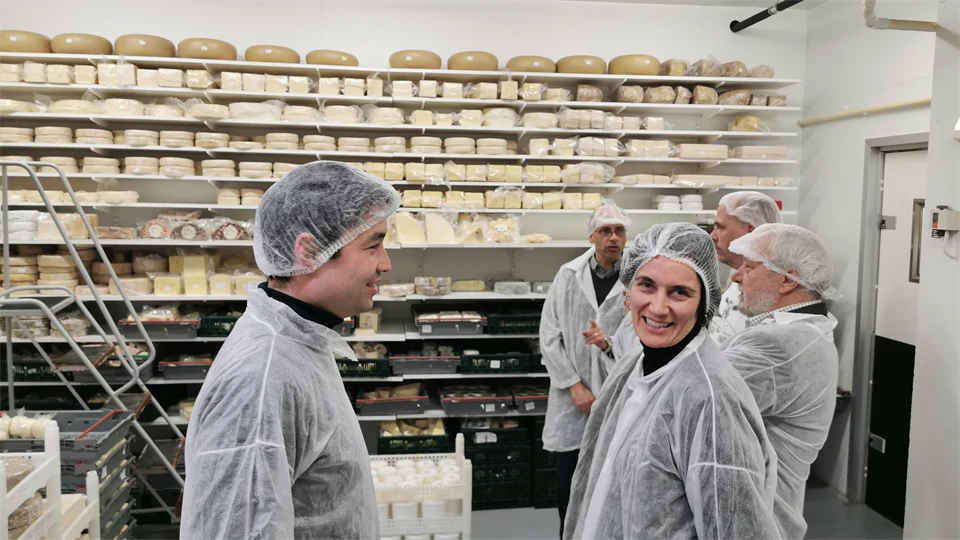Beate Stålsett talks about her research
Beate Stålsett is a doctoral student at Mid Sweden University and is part of the project group. Over the next two years, she will work towards a licentiate in business administration with a focus on entrepreneurship and innovation in a sustainability framework.
What is you research about?
– I will focus my research on entrepreneurship and innovation in rural areas in the food and agricultural sector, and in particular explore concepts of value creation beyond the economic value such as environmental and social values. I will build on research on social entrepreneurship and social innovation, and I plan to do a mixed-methods study. One part will focus on policy and discourses, and I will review and analyze the role of entrepreneurship and innovation in Swedish food policies and their connection to sustainability. The other part will focus on the situation on the ground for entrepreneurs in the food sector in northern Sweden, and explore questions of policy impact, challenges and opportunities for entrepreneurship and innovation in the sector in this part of the country.
Why is this relevant?
– We see that demands for sustainability of businesses on economic, environmental and social levels are increasing, and researchers are engaging in discussions about more diverse economies, where degrowth is one alternative concept being discussed. In this context, the questions of the role of the entrepreneur as an agent in the economic system, and the role of innovation in progress and development are interesting questions to explore further – especially in the food and agriculture sector. It is a sector that is under-researched with respect to entrepreneurship and value creation, and a sector that plays a key role in terms of both climate impact and solutions. There are also many social elements to issues of food that are sometimes overlooked in economic and political discussions on the topic. I hope my research can contribute in a meaningful way to the Enhancing Entrepreneurship in Rural Areas through Local Food Systems project, but also bring new empirical knowledge on the values of entrepreneurship and innovation through local food systems which could be of relevance for researchers, policy makers and local entrepreneurs.
